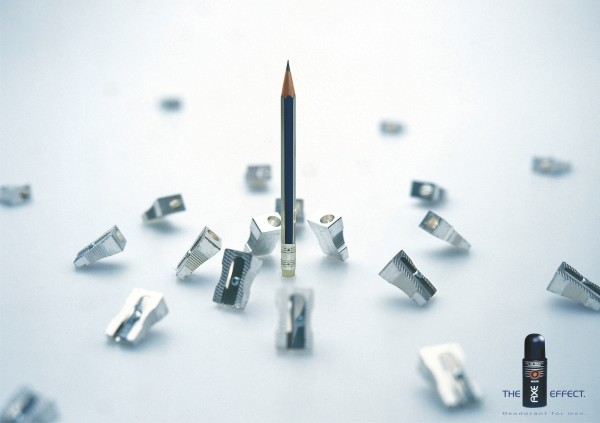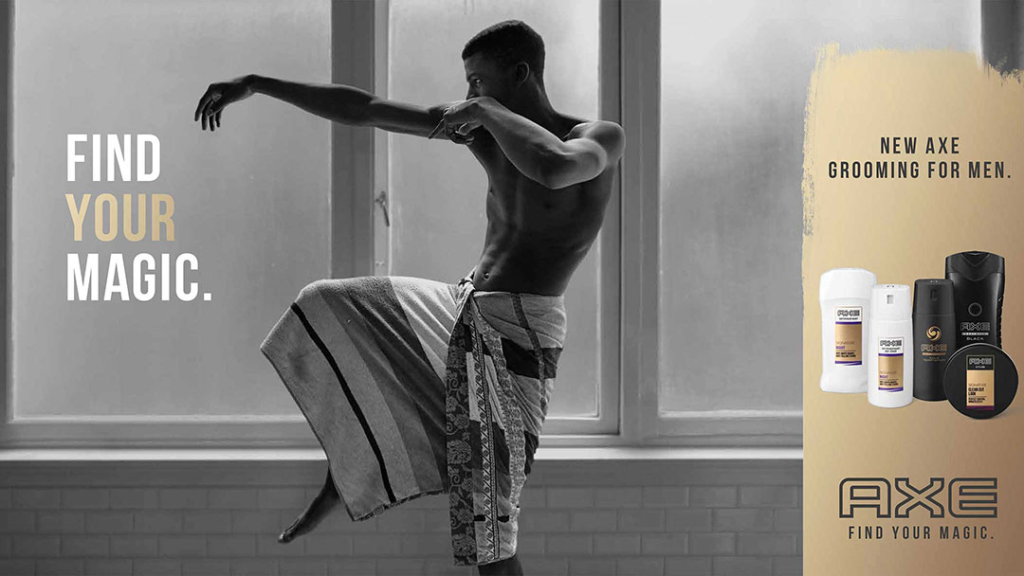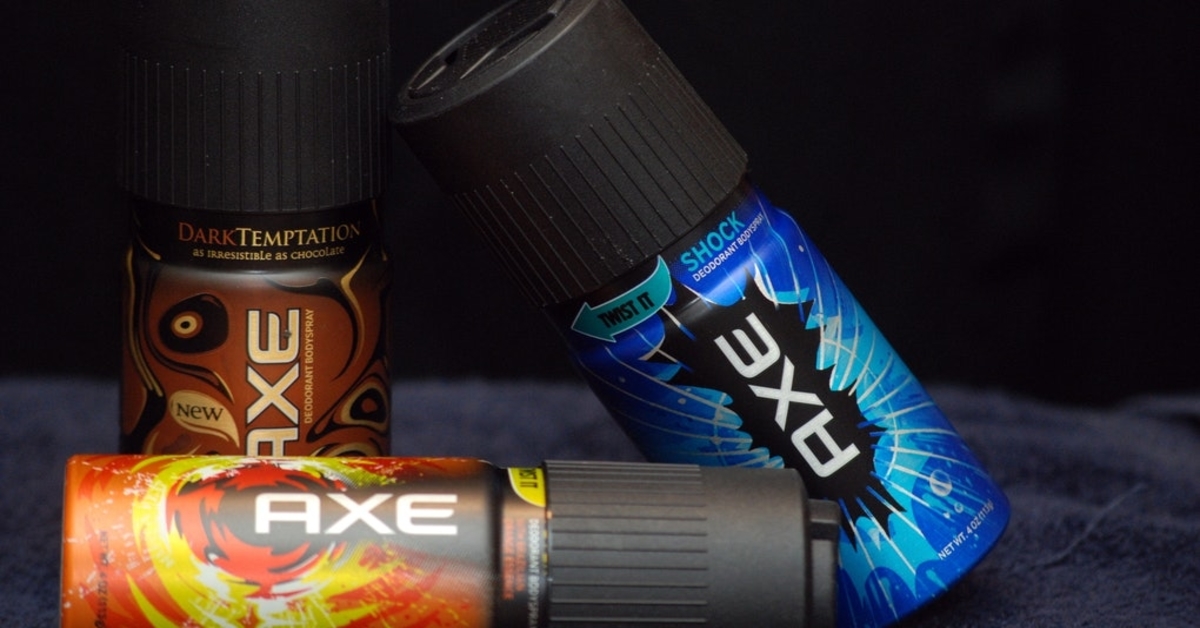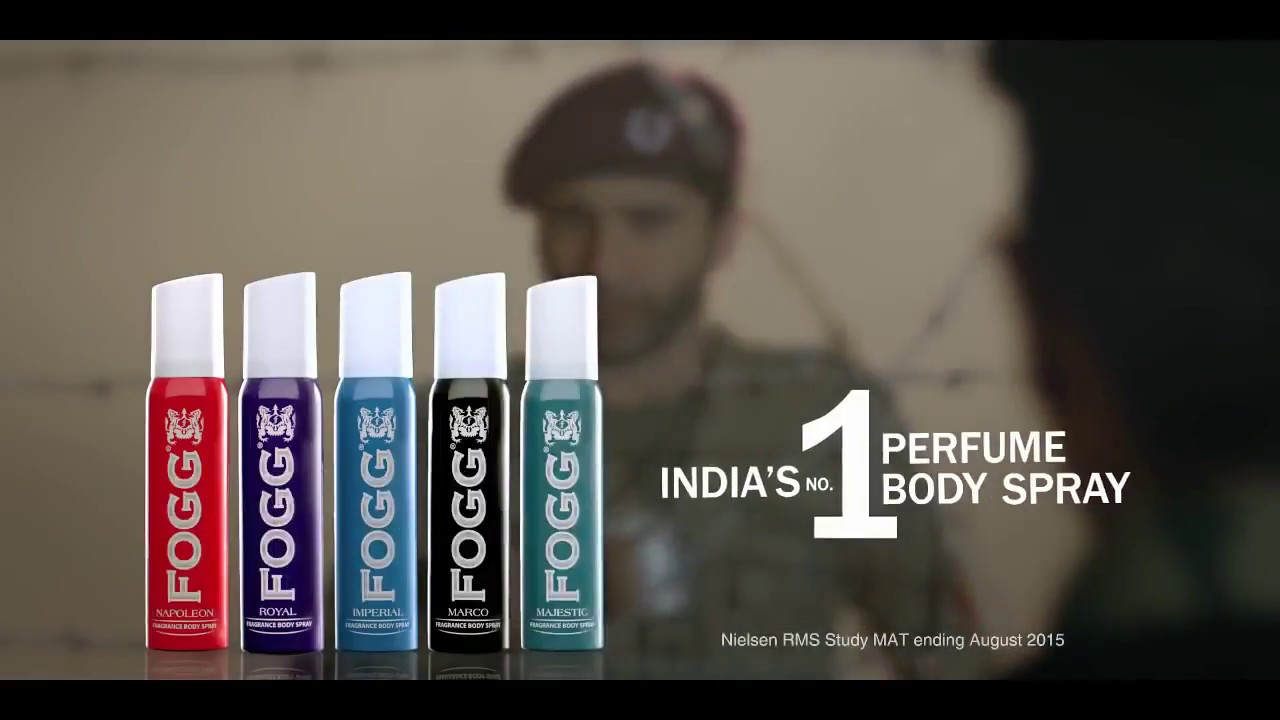There’s hardly anyone who goes to the market to buy deodorant and doesn’t look for one exclusive brand in the shop. The brand is AXE. Launched in 1999, it is one of the most successful personal care brands of Hindustan Unilever and is also the best-selling brand of Unilever. Axe, the deodorant, is considered as fresh and fashionable among young men around the globe, props to a marketing mix that is completely harmonized globally – from the product proposition to the product communication.
It became the leading male deodorant brand in India within one year of its launch. At the time of the launch in 1999, HUL’s two brands – Rexona and Denim were ruling the market. It was launched as a premium brand and was priced just above the Denim.
The Axe Effect
Have you heard of the Axe effect? It is an effect that is supposed to draw women to any male who has sprayed himself with deodorant. It caused women to get irresistibly drawn to men. It also enhances the level of confidence in any man who uses this product.


Axe, with the tagline, “The Axe Effect” was promoted as the kinkiest brand in the Indian market. All its campaigns were targeted around the central theme of seduction where girl makes the first move.
If you have ever watched an Axe deodorant, you will always find a 20-30 year young confident man playing cool and trendy. You will always find the same storyline. A guy sprays himself with the deodorant. Girls are drawn to him.
Now, did this strategy benefit brand? The answer is yes. It helped the brand create an image that resembled and aligned with the status quo of the male population. It helped the brand until the industry shifted its positioning from sensational to functional. This change is primarily attributed to the arrival of Fogg & Engage deodorants.
Product Division
AXE has a vast network of products that includes deodorant stick, deodorant roll-on, antiperspirant stick (also called Axe Dry), soaps, aftershave, and shower gels which are all complementary to its deodorant range. It together symbolizes men’s complete hygiene product range.
The product line consists of four major categories:
- Deodorant and Antiperspirant – Axe has a full range of deodorant and antiperspirant to keep the customers fresh and feeling sweet. This category has a whole range of different needs, such as 24-hour protection, 48-hours protection, anti-marks, instant dry, among others.
- Hair Needs – The range of hair needs consists of 2 in 1 shampoo, 3 in 1 shampoo, conditioner, extreme gel, hair cream, hair styling, among others.
- Fragrance – Fragrance range consists of perfumes, pocket sprays, and body sprays.
- Body Wash – Axe boasts of a complete range of body washes consisting of more than ten range of the same.
Branding Campaign
It targets middle and upper-class men in the age group of 15-35 years and is popular among urban and suburban students, bachelors, and young professionals. Thus the marketing team continuously focuses on the subtle shifts in the youth culture. In short, it targets all the men who are ‘young at heart’.
You will find any India centric contextual advertisement on Axe rarely. It’s because they just import the promotion from their European and American markets and feed it to the Indian audience. As per the marketing team, the Indian audience consumes foreign content without much difficulty. But now, the brand has started to rope in the Indian celebrities from their promotional campaigns.

Axe is famous for many “firsts”. The youth remembers it for the “World’s Longest Dance Party” or “Axe Voodoo Island Party”. Before the launch of Axe Dark Temptation in India, they collaborated with Yahoo to celebrate “Chocolate Month Of The Year“ in 2009 to capture the attention of young internet users. The most significant advantage that the brand can communicate through their campaigns is that the people feel confident after using Axe, and hence, the users always go for the same brand.
Axe has been a unique brand. It has been a constant phenomenon in terms of branding. It launched its internet-based marketing initiative in India with Axe Land, which involved users traveling virtually to the Axe World using the link ‘theaxeffect.com’. It is an excellent example of global branding. Because of its adventurous marketing techniques, Axe has created a universal brand image for itself.
Indian Deodorant Market
AXE dominated the market since its launch and had the second biggest brand by value market share in 2016. Its market value share slipped to 8% during January-September 2018 from 8.9% in 2016. This dip in position was due to growing competition in Indian deodorant brands. In addition to this, the growing concern of consumers regarding value for money also put Axe in a difficult spot.
India being a tropical country, offers an attractive market for deodorants. It had a market size of Rs. 3,300 crores in 2017. This is forecasted to grow at a CAGR of 9.3 % for 2017-2022. The advent of many new players in recent times has increased the competition. Despite the growing market size, deodorants in India are not a natural product. Compared to the market size of soap, which is Rs. 19,780 crores, the deodorant market is still a fraction of it. This gap presents a growth opportunity for incumbent brands like AXE. The leading market players are Fogg, Nivea, Engage, Part Avenue, Wildstone, and Denver.
Also Read: Amway – Networking Its Way To The Customers
Campaigns by Competitors such as Fogg (Fogg chal raha hai!) and Engage
New brands like Fogg and Engage, which are owned by Indian companies, were able to understand the needs of Indian customers, who are generally price-conscious, quickly. They introduced a product with a precise advertising campaign and filled the gap. “800 sprays in a bottle”
It became famous for its viral campaign with “Kya chal rha hai,” “FOGG chal raha hai.” It focused on its fragrance, long-lasting scent. It didn’t use girls in ads and grabbed the attention of users by unique functional offerings. What does an Indian customer want: Quantity, Quality, Low cost & value. Its marketing campaign directly registered in the customer mind.
Recently AXE came up with an Axe ticket to cater to such demands pertaining to smaller sizes, which are easy to carry and are offered at lower prices. Also, AXE realized that they are missing out on a vast potential demand from women consumers. AXE also has to move away from its image as a tool for seduction. It should start focussing on the inherent qualities of its products like variety. Using this as a backdrop, Axe can enter the women deodorant market as well.
Now the bigger question is whether Axe will be able to retain its effect? Or the Axe effect ??
To read more content like this, Subscribe to our newsletter.





